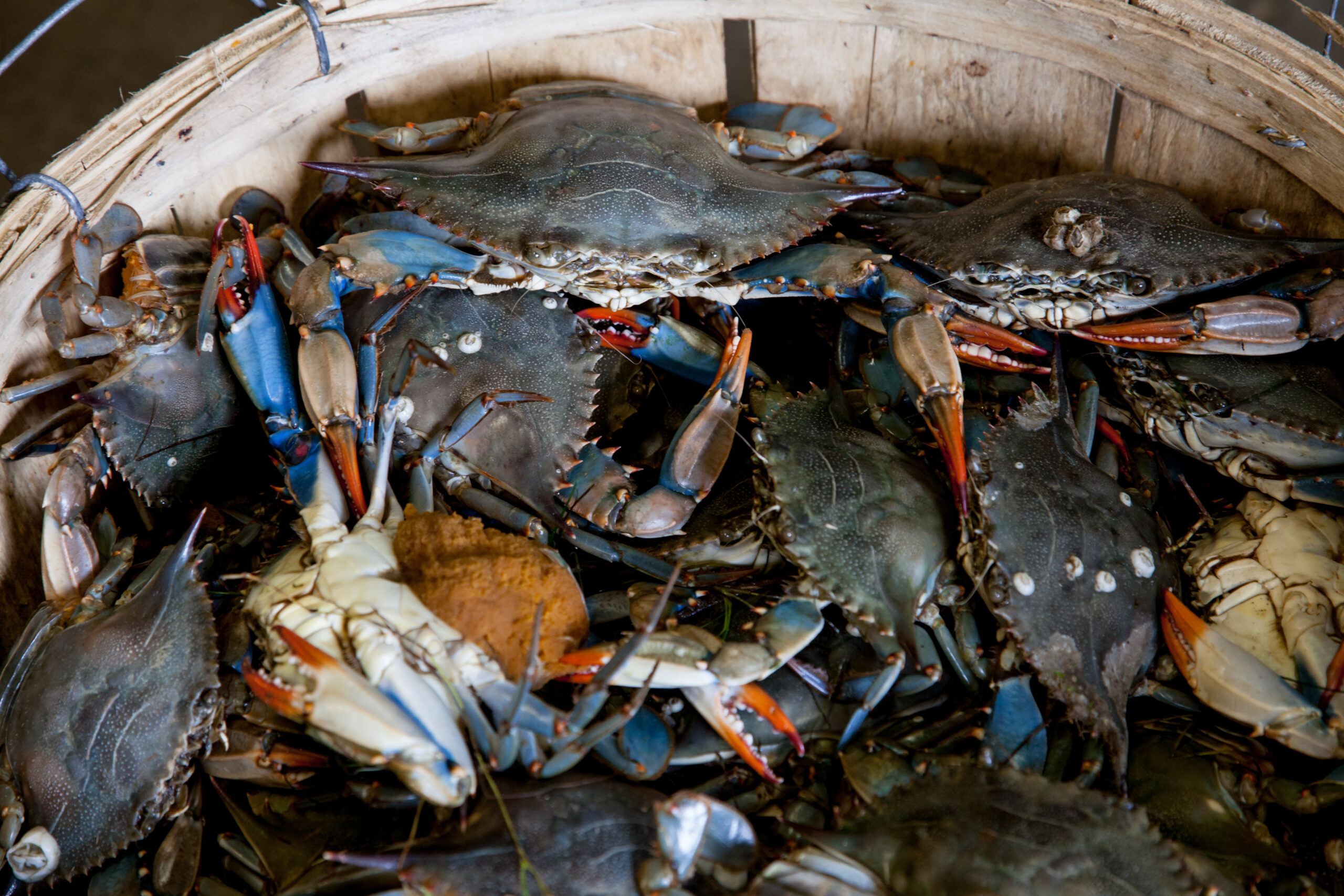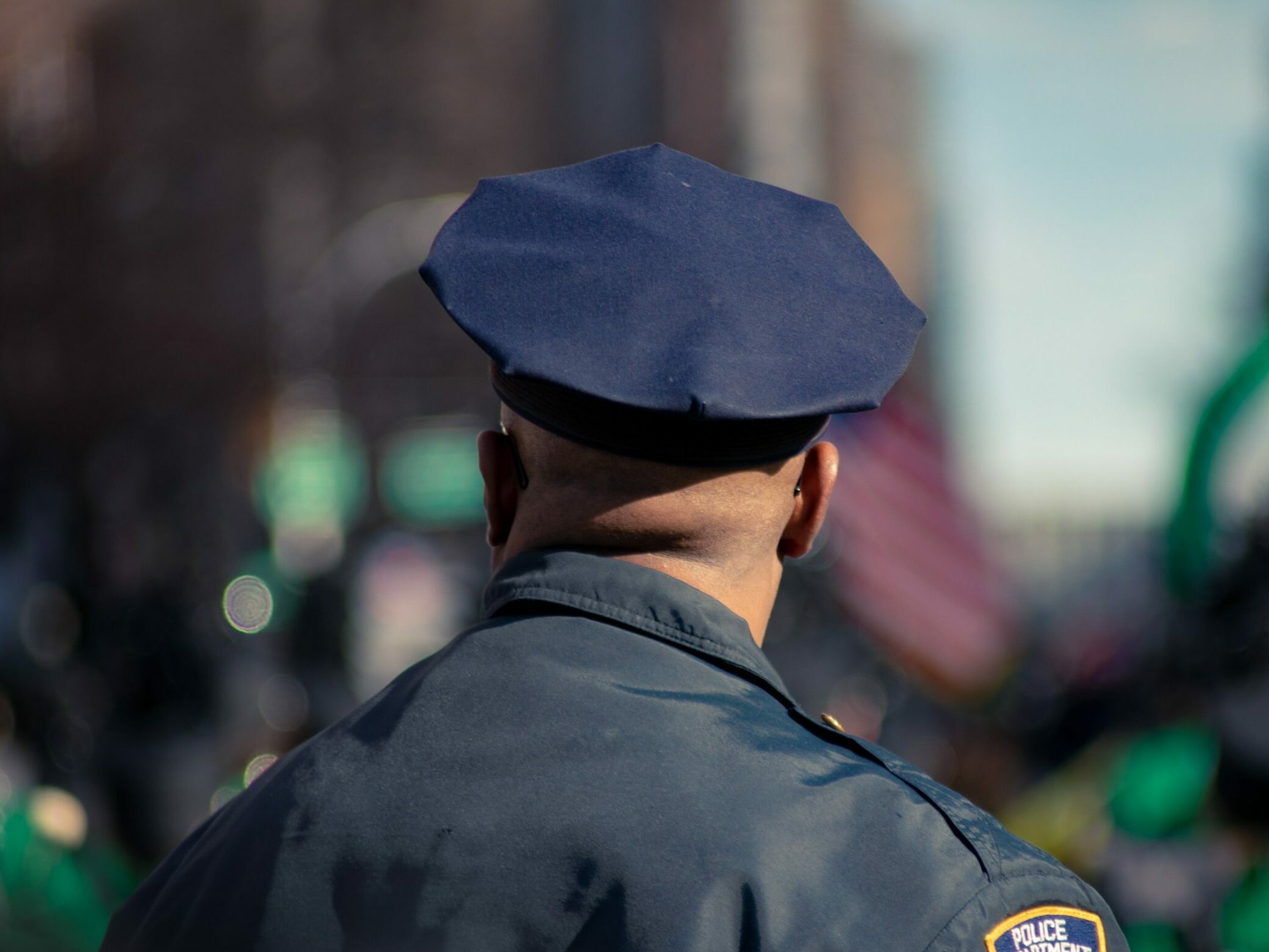Bad year for crabs can still be a good year for Chesapeake Bay
Summer approaches, and it’s traditionally a time when a Marylander’s fancy turns to a dozen Number One Jimmies steamed. The bad news is that Chesapeake Bay blue crabs are running especially scarce this year, a combination of a cool spring that reduces crab movement (and thus prevents watermen from catching them) following a bad year for reproduction. The official word on this came recently from the Maryland Department of Natural Resources. The state agency announced that overall crab stocks are at their lowest ever recorded by the winter dredge survey, which was started in 1990.

